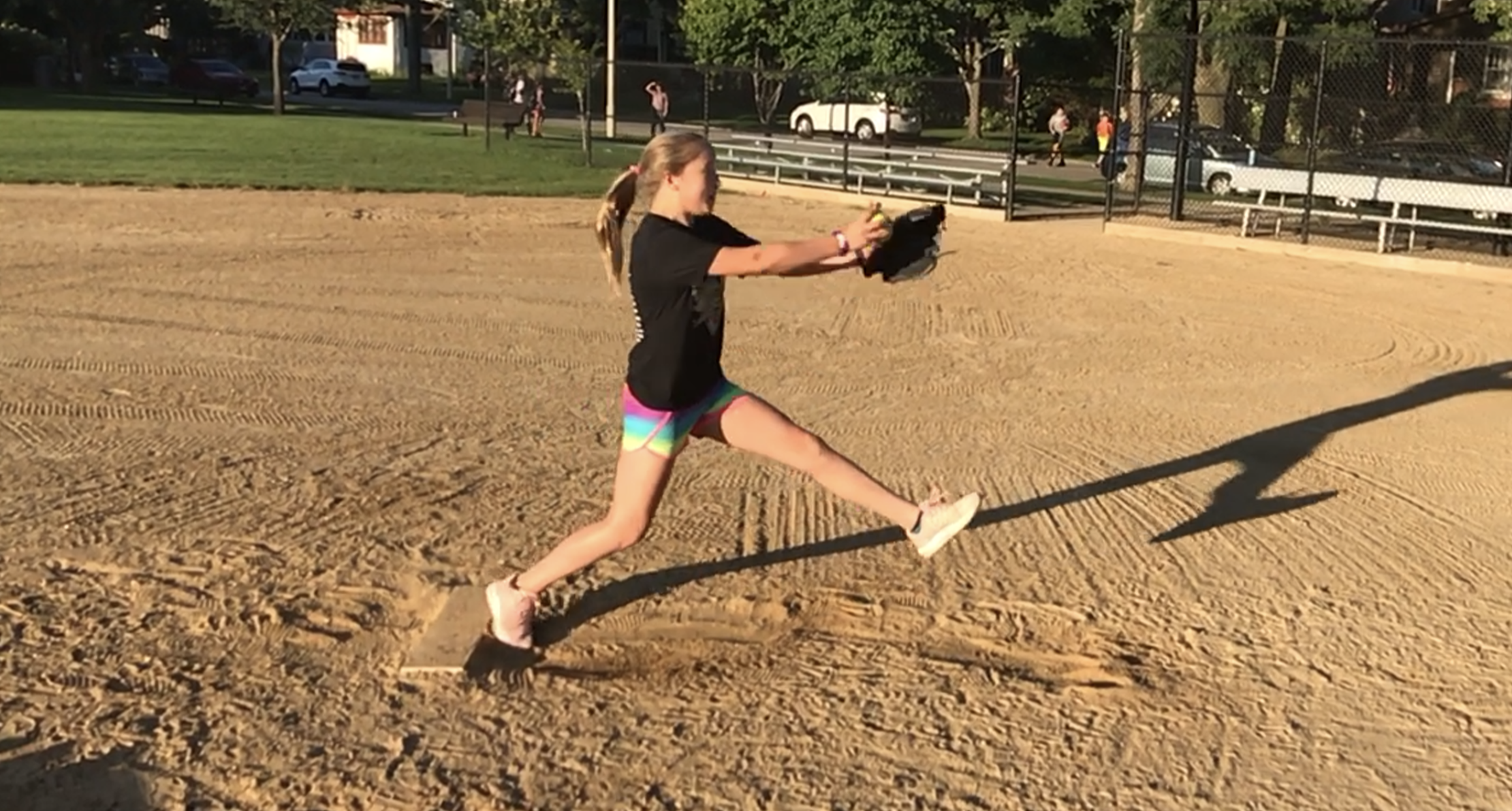A Simple Way to Organize Pitching Workouts
/We’re officially in the in-season (April–July)—the most exciting time of year! This is when pitchers finally get to apply everything they've worked on during the offseason and preseason to live games. But just because you're in the heat of competition doesn’t mean practice stops. In fact, how you train during the season is just as important as how you perform.
Each season requires a different mix of pitching workouts. In-season training depends heavily on game workload: how many games you're pitching, how many innings you're throwing, and how your arm is feeling. Managing fatigue and staying sharp are the name of the game.
Why Offseason Work Still Matters
During the offseason (October–December), pitchers have the freedom to push, experiment, and rebuild. There’s no pressure to be game-ready, which makes it the ideal time to:
Read More





















